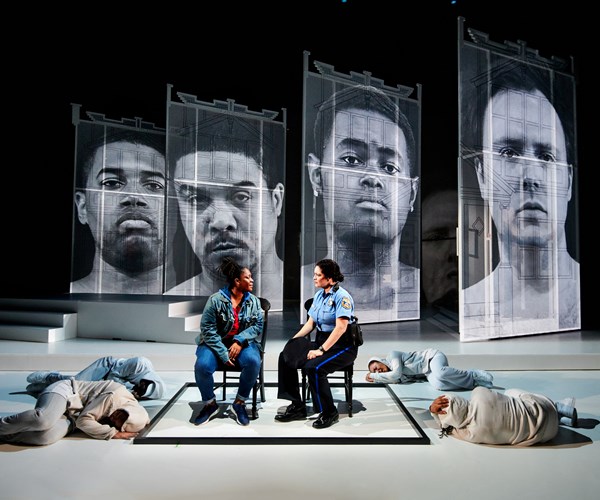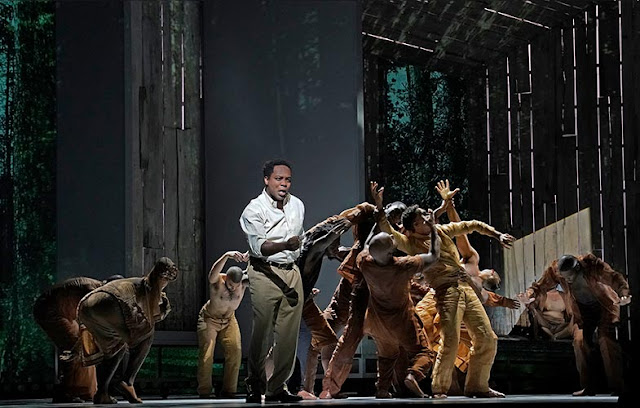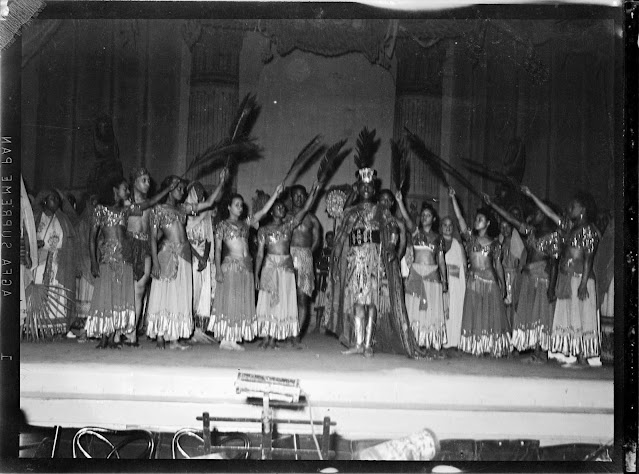Seattle Opera Scholar in Residence
 |
| Dr. Naomi André at the 2019 Community Conversation “Black Representation in the Arts.” © Sunny Martini. |
Seattle Opera appointed its first Scholar in Residence, musicologist Naomi André, back in 2019. In that role, Professor André has written program essays, given Opera Talks, and appeared on panels in our Community Conversations series. Next week, in conjunction with the opening of La traviata, Professor André will lead a new, two-part Opera Class on the works of Giuseppe Verdi. Seattle Opera recently sat down with Professor André to learn more about her time as Scholar in Residence, what audiences can expect from her upcoming class, and why it’s important to analyze the art we love.
.png)











